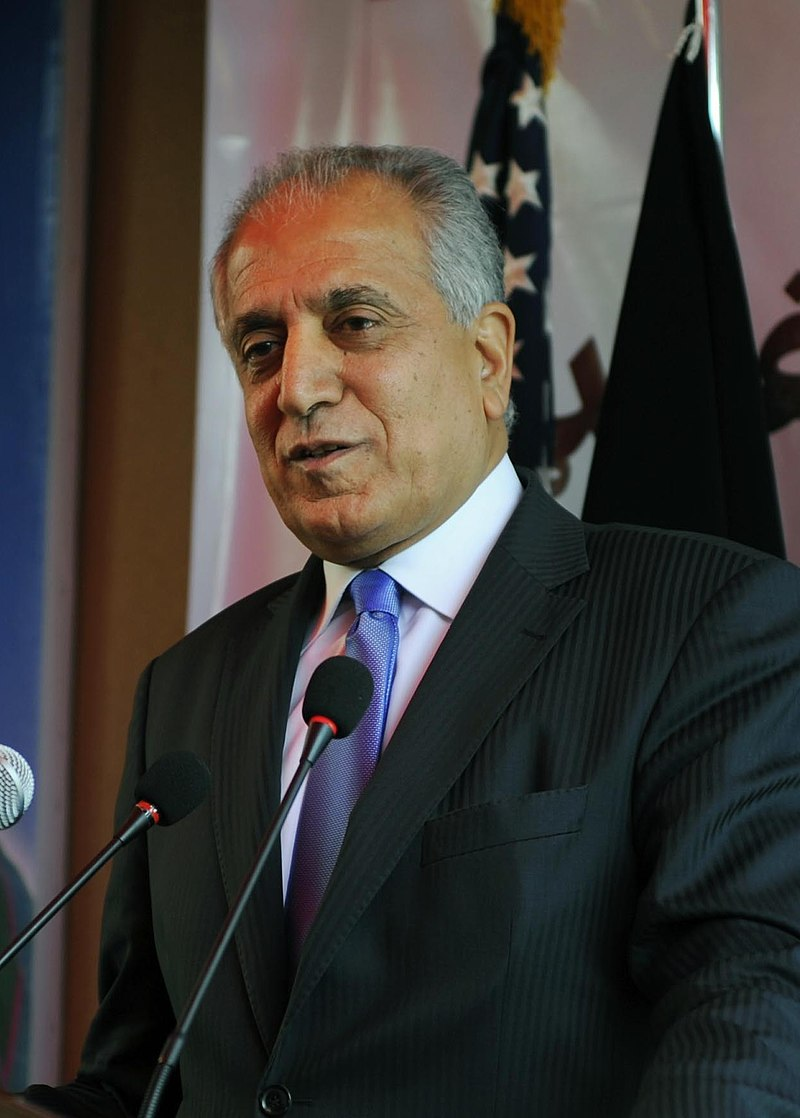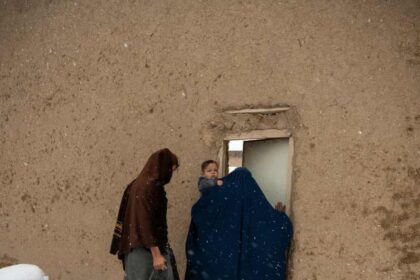RASC News Agency: Zalmay Khalilzad, a former U.S. envoy to Afghanistan and a notable advocate for the Taliban’s extremist regime, has expressed concern over the group’s repressive and radical policies. Khalilzad has recognized that the Taliban’s extremist and terrorist agenda is inherently unsustainable. In an interview with the Arabic-language newspaper “Alsharq Al-Awsat”, published on September 12, Khalilzad emphasized that Islamic scholars worldwide bear the responsibility of educating the Taliban on the true nature of their religion. He stated, “Even without being a religious scholar, I understand that a fundamental principle of Islam is that there should be no compulsion in religion.”
Regarding the Taliban’s recent regulations, Khalilzad expressed hope that these measures will not endure, though he acknowledged the uncertainty surrounding their persistence. He criticized the Taliban’s efforts to promote religious observance, noting that their actions are counterproductive and only fuel public anger. Khalilzad, who played a pivotal role in negotiating the Doha Agreement between the U.S. and the Taliban, questioned the rationale behind the Taliban’s new regulations, including restrictions on women’s speech, public laughter, and dress codes.
Khalilzad stressed the crucial role of Islamic scholars, both within Afghanistan and globally, in addressing the current situation. He urged them to educate and assist the Taliban in understanding the true essence of their faith, suggesting that this approach could be highly beneficial. In the same interview, Khalilzad called for engagement with those Taliban officials who, according to him, hold more moderate views. He also suggested that these officials should take steps to strengthen their beliefs. On the topic of the U.S. withdrawal from Afghanistan and the Taliban’s rise to power, Khalilzad highlighted a positive aspect: fewer Afghanistani lives have been lost, and American soldiers have been removed from the battlefield.
Citing David Cohen, former Deputy Director of the CIA, Khalilzad expressed relief that Afghanistan has not become the feared haven for ISIS and al-Qaeda. Nonetheless, he lamented the Taliban’s treatment of women, their imposition of a regressive interpretation of Islam, and the lack of a long-term strategy for transitioning from a temporary government to one that represents the majority. Khalilzad, who advocates for the Taliban, acknowledges that the group’s anti-human and misogynistic policies are not based on religious doctrine but rather on the tribal customs of the Pashtun community, which does not fully recognize women as human beings.






